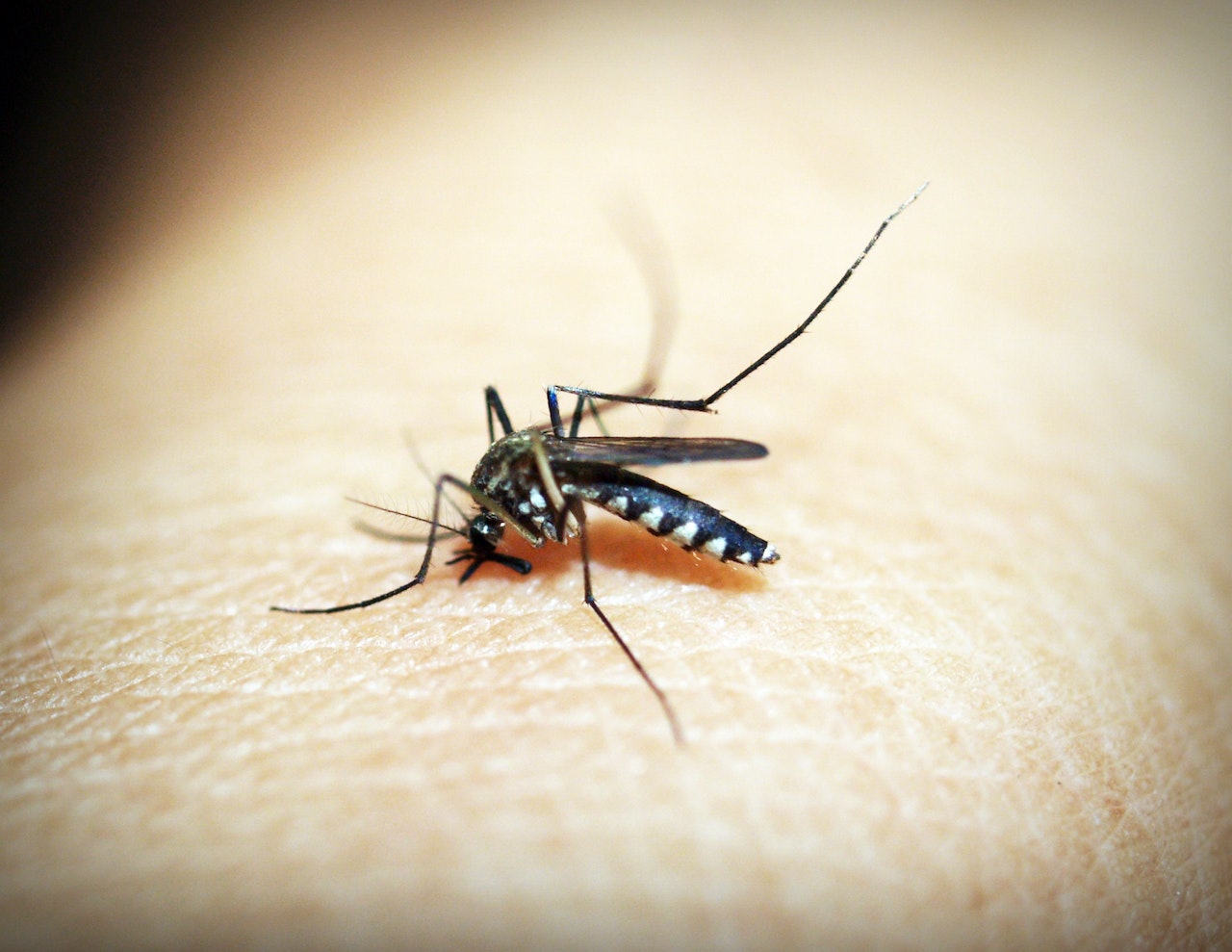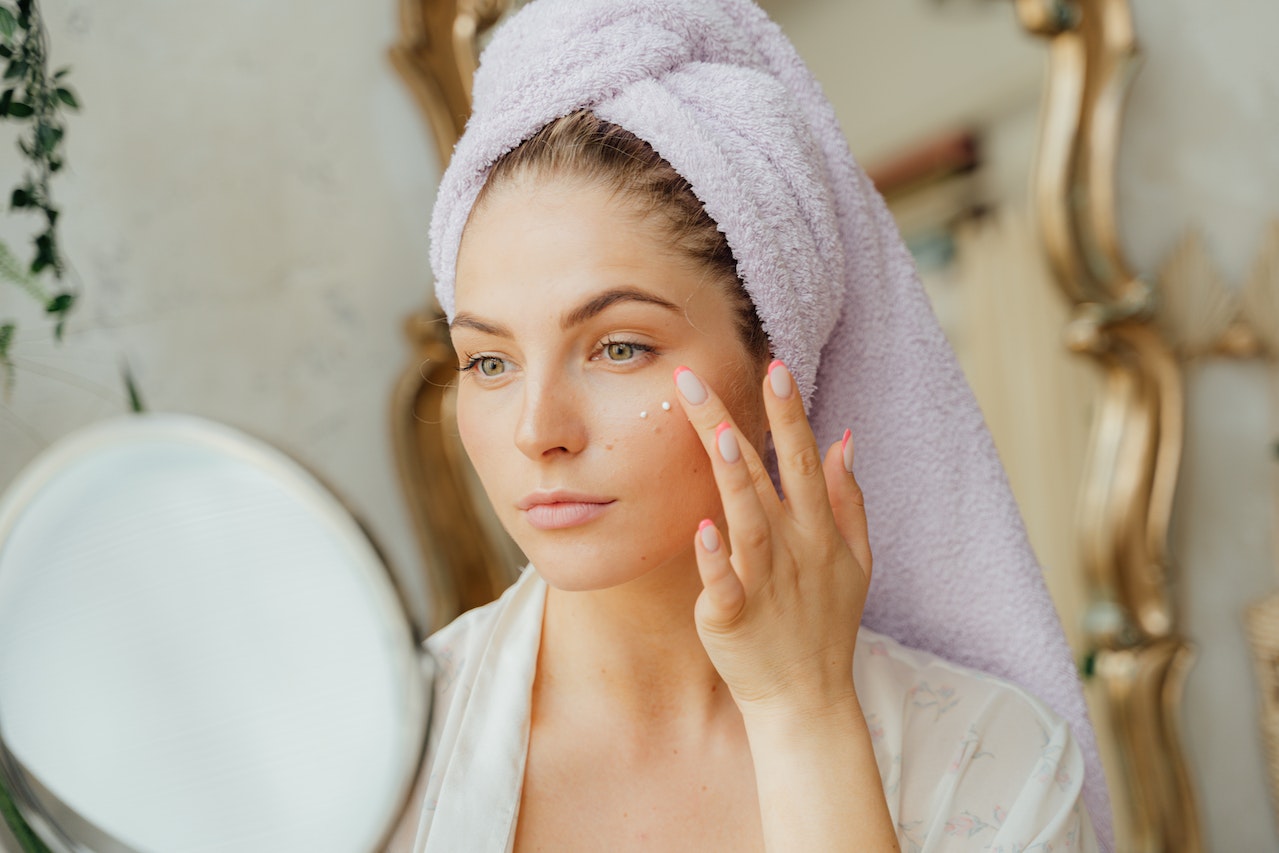Mosquito Control As the sun sets and the evening breeze begins, an all too familiar hum fills the air – the sound of mosquitoes on the prowl. These tiny pests can quickly turn a peaceful evening into an itchy nightmare, not to mention the health risks they pose as carriers of diseases like malaria, dengue fever, and Zika virus. Thankfully, there are effective strategies to keep mosquitoes at bay and protect ourselves from their bites. We explore some of the most reliable mosquito control methods.
Eliminate Breeding Sites
Mosquitoes lay their eggs in standing water, making stagnant water sources the perfect breeding grounds for these pests. Regularly inspect your surroundings and eliminate any potential breeding sites, such as empty containers, tires, and clogged gutters. Ensure that water does not accumulate in flower pots, birdbaths, or discarded items in your yard.
Use Mosquito Nets
Inside your home, consider using mosquito nets over beds, especially if you live in areas where mosquito-borne diseases are prevalent. Mosquito nets provide an effective physical barrier, preventing mosquitoes from reaching you while you sleep.
Install Window Screens
To keep mosquitoes from entering your home, install window screens on all doors and windows. This simple yet effective measure allows you to enjoy fresh air while keeping mosquitoes outside.
Wear Protective Clothing
When venturing outdoors during peak mosquito activity, wear long-sleeved shirts, long pants, and socks. Opting for light-colored clothing can be beneficial since mosquitoes have a tendency to be drawn to darker colors.
Read also: Mosquitoes: A Perilous Dance with Disease
Use Mosquito Repellents
Mosquito repellents are essential tools for personal protection against mosquito bites. Look for repellents containing DEET, picaridin, or oil of lemon eucalyptus (OLE), as they have been proven effective. Apply the repellent on exposed skin, following the product’s instructions, and reapply as necessary.
Avoid Peak Mosquito Hours
The peak mosquito activity occurs during the early morning and late evening hours. Whenever feasible, it is advisable to refrain from engaging in outdoor activities during these times to minimize mosquito exposure.
Consider Mosquito Traps
Mosquito traps can help reduce mosquito populations around your home. These traps attract and capture mosquitoes using various methods, such as light, heat, or carbon dioxide. While they may not eliminate all mosquitoes, they can be useful in combination with other control measures.
Treat Water Sources
For larger water sources that cannot be easily removed or drained, consider using larvicides, which are chemicals that kill mosquito larvae. These larvicides are safe for the environment and can help Mosquito Control populations before they become flying adults.
Encourage Natural Predators
Introduce natural predators of mosquitoes into your surroundings. Birds, bats, and certain fish species feed on mosquito larvae and adults, helping Mosquito Control populations naturally.
Maintain Your Yard Mosquito Control
Mosquito Control regularly maintains your yard by trimming grass and shrubs. Mosquitoes seek shelter in tall grass and vegetation, so keeping your yard well-groomed can reduce their hiding spots.
Conclusion
With their potential to transmit diseases and disrupt peaceful outdoor activities, mosquitoes are indeed unwelcome visitors. Employing a combination of proactive mosquito control strategies can significantly reduce mosquito populations and protect our communities from the risks associated with these pests. By eliminating breeding sites, using repellents, supporting natural predators, and working together with local authorities, we can create a more mosquito-free environment and enjoy the warm weather without constant mosquito buzzing in our ears.
By adopting these mosquito control strategies, you can create a safer and more comfortable environment for yourself and your loved ones. Taking these preventive measures not only protects you from pesky bites but also plays a crucial role in minimizing the spread of mosquito-borne diseases in your community. Together, we can keep these tiny pests at bay and enjoy the outdoors without the constant buzzing and itching.




